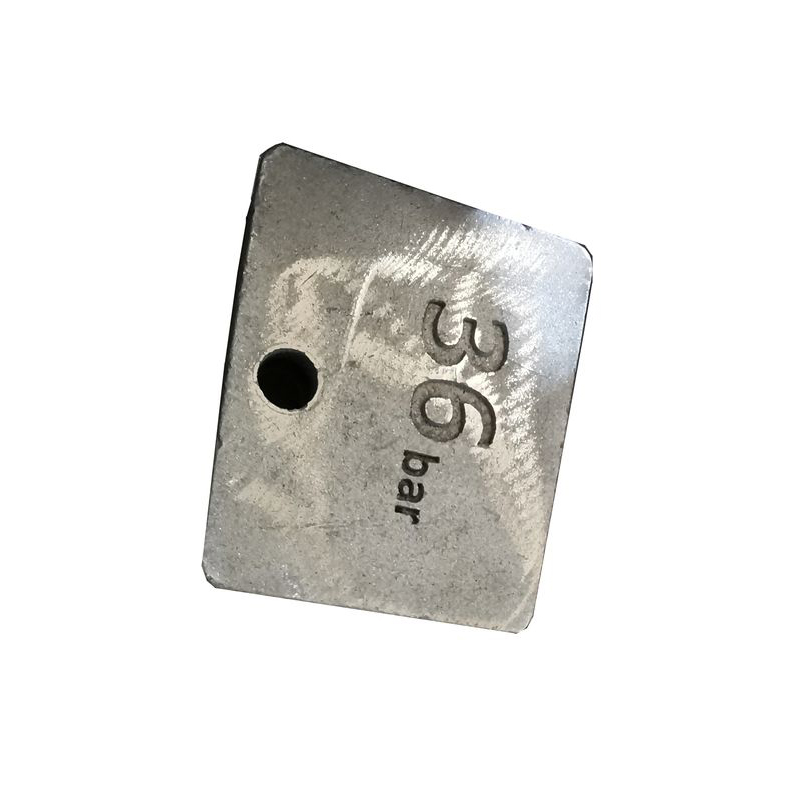
A well-established company, with a long history of supplying a wide range of products in various materials such as cast iron, steel, stainless steel, aluminum, copper, etc., through production methods including sand casting, die casting, lost wax casting, die forging, and precision machining has become a go-to source for many manufacturing industries. They also offer additional services including assembling and surface coating, making them a one-stop shop for all manufacturing needs.
So, let's delve into the comparison of cast iron and cast aluminum to understand their differences and see how the company's expertise in both materials can provide the best solutions for various manufacturing needs.
Cast Iron:
Cast iron is an alloy of iron, carbon, and silicon, with a high carbon content that gives it its distinctive properties. It is typically more brittle than cast aluminum and has a lower melting point, making it easier to cast into intricate shapes. Cast iron is known for its excellent heat retention and is often used in applications such as engine blocks, cookware, and heavy machinery parts.
The company's expertise in cast iron products ensures high-quality components that are durable and reliable. With their sand casting and die forging capabilities, they can produce complex cast iron parts with precision and efficiency, meeting the stringent requirements of their customers.
Cast Aluminum:
Cast aluminum, on the other hand, is lightweight and has excellent corrosion resistance, making it an ideal choice for a wide range of applications. It has a lower density than cast iron, which makes it highly desirable for industries where weight is a critical factor, such as automotive and aerospace. Cast aluminum parts are also known for their superior strength-to-weight ratio and are often used in automotive components, industrial equipment, and consumer products.
The company's proficiency in die casting and precision machining of aluminum enables them to deliver high-quality, lightweight components that meet the strict specifications of their customers. With their expertise in surface coating, they can also provide protective finishes for cast aluminum parts, further enhancing their durability and performance.
Comparing the Two Materials:
When comparing cast iron and cast aluminum, it's essential to consider the specific requirements of the intended application. Cast iron is known for its durability and heat retention, making it ideal for high-temperature applications and heavy-duty machinery. On the other hand, cast aluminum offers lightweight and corrosion-resistant properties, making it well-suited for industries where weight savings and longevity are crucial.
The company's ability to provide both cast iron and cast aluminum products gives them a competitive edge in the manufacturing industry. Whether their customers require heavy-duty components for industrial machinery or lightweight parts for automotive applications, the company can deliver high-quality products that meet their unique needs.
Furthermore, their comprehensive range of production methods, including sand casting, die casting, lost wax casting, and die forging, allows them to cater to a wide variety of product designs and requirements. From simple shapes to intricate designs, the company has the capabilities to produce custom components with precision and accuracy.
In conclusion, the choice between cast iron and cast aluminum ultimately depends on the specific demands of the application. With a rich history of supplying products in both materials and a wide array of production methods, the company is well-equipped to meet the diverse needs of the manufacturing industry. Whether it's heavy-duty cast iron parts or lightweight cast aluminum components, the company's expertise and capabilities make them a trusted partner for sourcing high-quality products.
